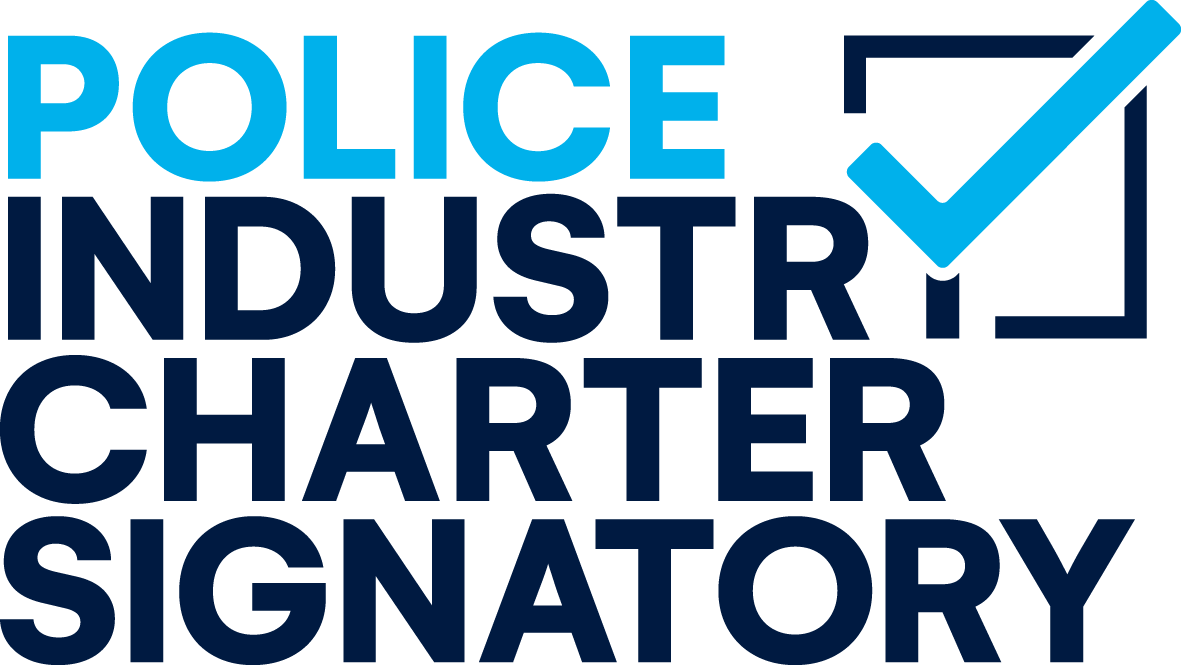
Unlocking the Potential of Autistic Employees in the Workplace
How can businesses truly embrace diversity and inclusion if they’re overlooking a valuable group of individuals? Despite the growing awareness around these principles, many companies continue to miss out on the unique strengths of those on the autism spectrum. Their unique talents and perspectives can provide tremendous value to businesses, yet many companies don’t know the small adjustments they can make to support inclusion.
At Café Track, a social enterprise that supports autistic individuals into employment, the employment of neurodivergent people is not only a powerful mission but also a successful business strategy. This local enterprise has demonstrated that with the right environment and support, autistic employees can thrive and contribute meaningfully. In this article, Alfie, one of Café Track’s employees, shares his experience of growth, challenges, and the benefits his neurodiversity brings to the workplace.
Overcoming Traditional Barriers in Employment
Before joining Café Track, Alfie’s journey mirrored that of many autistic individuals trying to navigate conventional education and employment. “Life was pretty aimless for me in my early 20s,” he reflects, highlighting the common challenges of social struggles and burnout that autistic people often face. These barriers, coupled with a lack of understanding from employers, make it difficult for many neurodiverse individuals to secure meaningful employment.
But what if workplaces were more accommodating? A small shift in understanding and flexibility could make a world of difference.
Creating the Right Environment
When Alfie joined Café Track, he encountered a supportive and tailored environment that allowed him to grow at his own pace. This approach contrasts with many traditional workplaces, which often expect employees to conform to a rigid structure. At Café Track, flexibility and personalised support are key.
For example, Alfie initially found comfort in working behind the scenes, helping with washing up. Over time, as his confidence grew, he began taking on more responsibilities, including cooking and even interacting with customers—a significant personal achievement. By allowing Alfie to develop at his own pace, Café Track unlocked his potential, enabling him to contribute more fully to the business.
The lesson here is that businesses can benefit enormously from making minor adjustments to support neurodiverse employees. For Alfie, these adjustments included understanding his need for routine and providing space to recuperate when needed. Such accommodations may seem small, but they can have a profound impact on performance and overall well-being.
What Autistic Individuals Bring to the Workplace
Alfie is keen to highlight the strengths that many autistic individuals offer employers. Their attention to detail, strong focus, and unique problem-solving skills are just a few examples. “Tasks will be carried out to the letter and in full,” he explains, referring to the accuracy and dedication that many autistic employees bring to their roles.
Moreover, Alfie points out that autistic individuals offer fresh perspectives that can drive innovation. Their different world view can help organisations identify new ways to solve problems or improve processes. This isn’t about meeting diversity quotas—it’s about recognising the real value neurodiverse employees bring.
Why Adjustments Matter
It’s crucial for businesses to understand that supporting neurodiverse employees doesn’t require overhauling company policies. In fact, simple adjustments, such as offering flexible working hours, providing quiet spaces, or allowing for gradual integration into roles, can make a significant difference.
For instance, Alfie’s journey at Café Track highlights how the right environment enabled him to develop both practical skills, such as cooking; and personal growth, like gaining confidence in social interactions. The café provided him with the support he needed to succeed, and in return, Alfie has become a vital part of the team. This is a blueprint that other businesses can follow.
A Win-Win for Businesses and Employees
Alfie’s final message is clear: “It’s one thing to take second-hand experiences; it’s another to be able to lean on the authentic understanding of an ASD individual.” Employing autistic individuals is not just about giving them an opportunity; it’s about recognising the mutual benefits. With the right support, autistic employees can excel and contribute to a company’s success. Businesses that embrace neurodiversity find themselves benefiting from increased innovation, higher employee engagement, and improved productivity.
Alfie’s story is just one example of how inclusive employment practices can unlock untapped potential. Companies that take steps to accommodate and support neurodiverse employees will find themselves reaping the rewards.
For organisations interested in making their workplaces more inclusive, we (in partnership with Café Track) have developed e-learning modules, designed to provide practical strategies for supporting neurodiverse employees. Autism in the Workplace can help businesses adjust their work environments, enhance communication methods, and create more supportive workplaces.
If you’d like to learn more or discuss personalised training options, contact Tom Cliffe, Head of Training and Development at Issured.
Recent Posts
It can be quite overwhelming seeing the vast array of CMI Level 5 leadership and management awards, so the Issured [...]
Barack Obama is one of the most photographed humans alive on Earth, and although this level of publicity is to [...]
With the introduction of ChatGPT in November 2022 and the rapid progression in machine learning and AI technology, it’s no [...]














